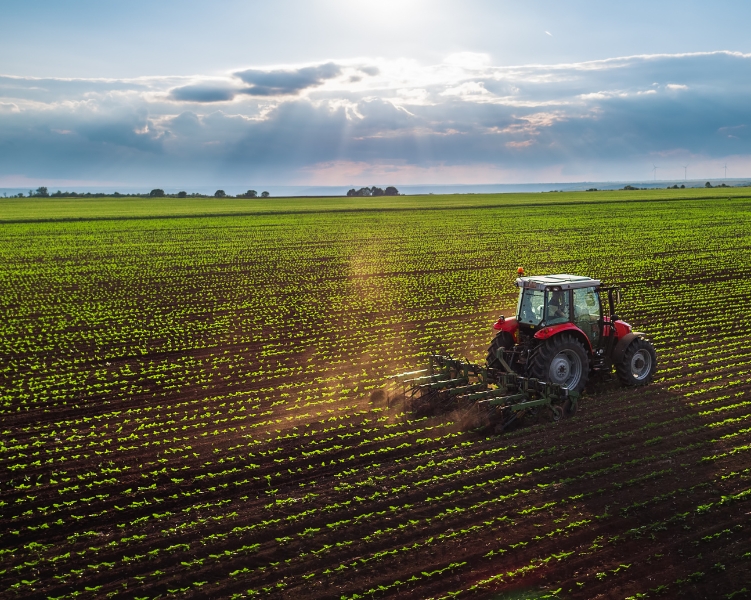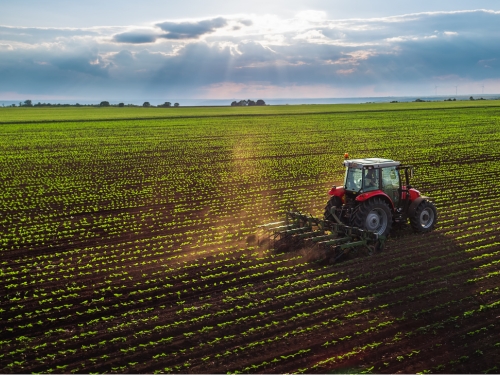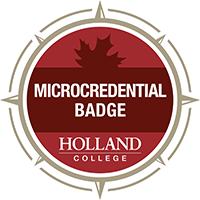You must be a Canadian citizen, permanent resident, or person who has been granted refugee status in Canada.



You must be a Canadian citizen, permanent resident, or person who has been granted refugee status in Canada.
This microcredential introduces the main sources of greenhouse gas (GHG) emissions in agriculture and will assist learners in identifying farm management practices to reduce GHG emissions and sequester carbon through alternatives to fossil fuels, land management and water management. Based on current research and best practices, learners will develop farm-specific strategies for their farm operations that reduce GHG emissions and increase carbon sequestration.
Note: Successful completion of the Climate Smart Agriculture Fundamentals microcredential is a pre-requisite for our Cropping Systems and Livestock Systems Climate Smart microcredentials.
The microcredential is online and asynchronous. Designed to offer flexibility, participants commence at any time and progress at their own pace. With a duration of 24 hours, the course is to be completed within 5 weeks from the start date. Throughout the course, an experienced instructor with a strong background in agriculture will provide support and guidance.
In completing this microcredential, participants are contributing to global efforts to address climate change and foster sustainable practices.

Holland College has engaged and convened discussion(s) with a network of leading agricultural stakeholders across Prince Edward Island, including the PEI Agriculture Sector Council, PEI Federation of Agriculture, PEI Potato Board, East Prince Agri-Environment Association, the PEI Department of Agriculture & Land, and the PEI Department of Environment, Energy & Climate Action.
Learners will investigate and analyze evidence and best practices that reduce GHG emissions and increase carbon sequestration, including a transition to cleaner fuel, precision agriculture, soil carbon enhancement, agroforestry, wetland restoration, precision irrigation, and rainwater harvesting.
By the end of the microcredential, learners will develop farm-specific strategies for their operation that reduce GHG emissions and increase carbon sequestration. Creating the plan will require participants to:
Thank you for submitting your registration form!
One of our team members will reach out shortly to help you complete your registration and submit payment.
For more information, please email us.